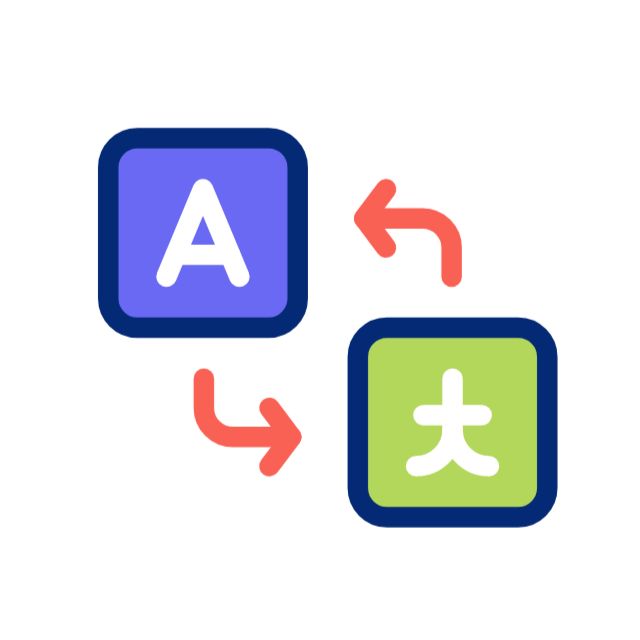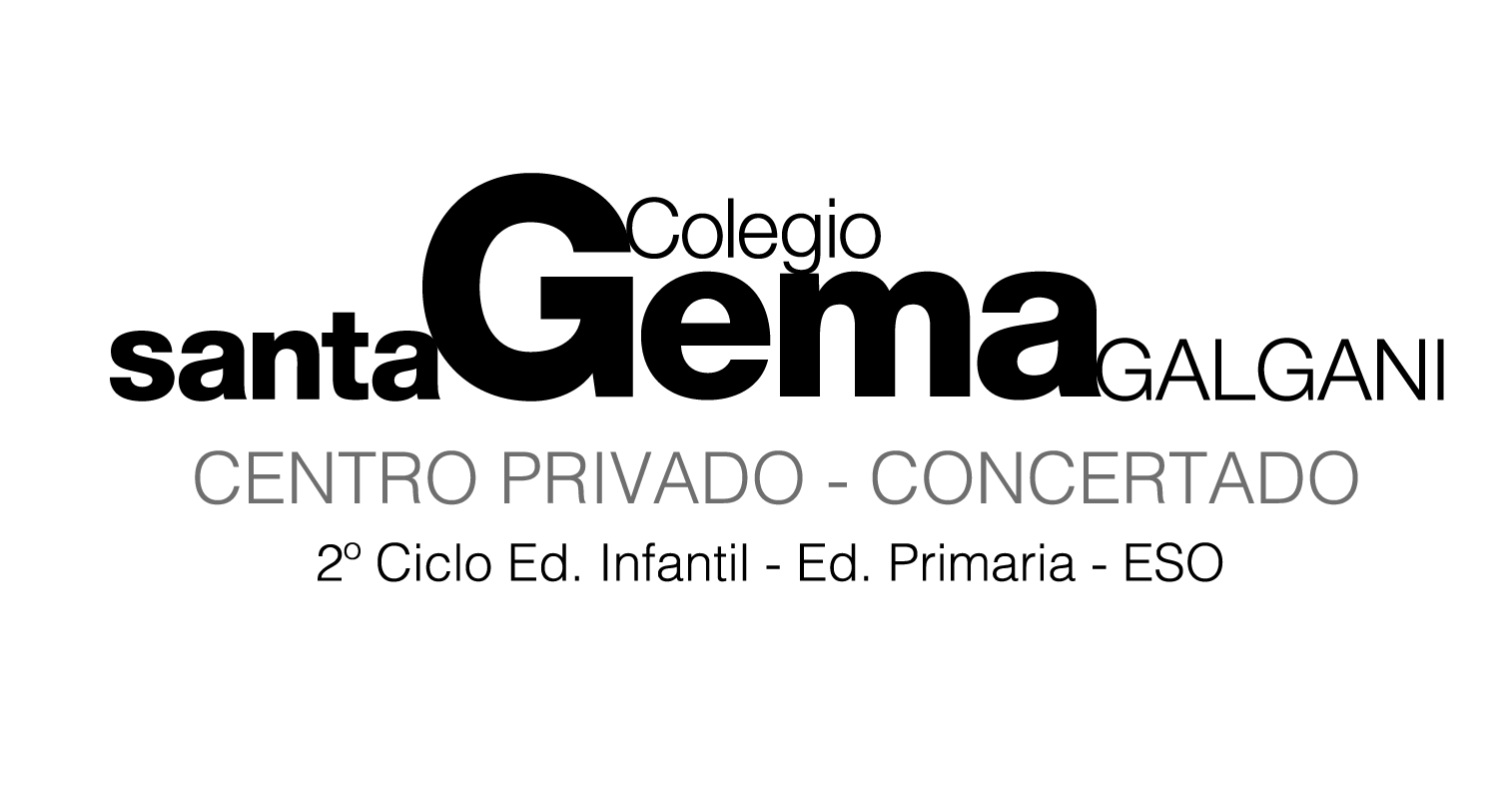COMPLEMENTARY ACTIVITIES
Son actividades complementarias aquellas establecidas por el centro como complemento a las áreas y materias curriculares.
- Students cannot be academically graded for participation in these activities.
- Participation is voluntary.
- Whether or not a student participates must not result in any form of discrimination.
- The fees have been approved by the School Council and are non-profit.
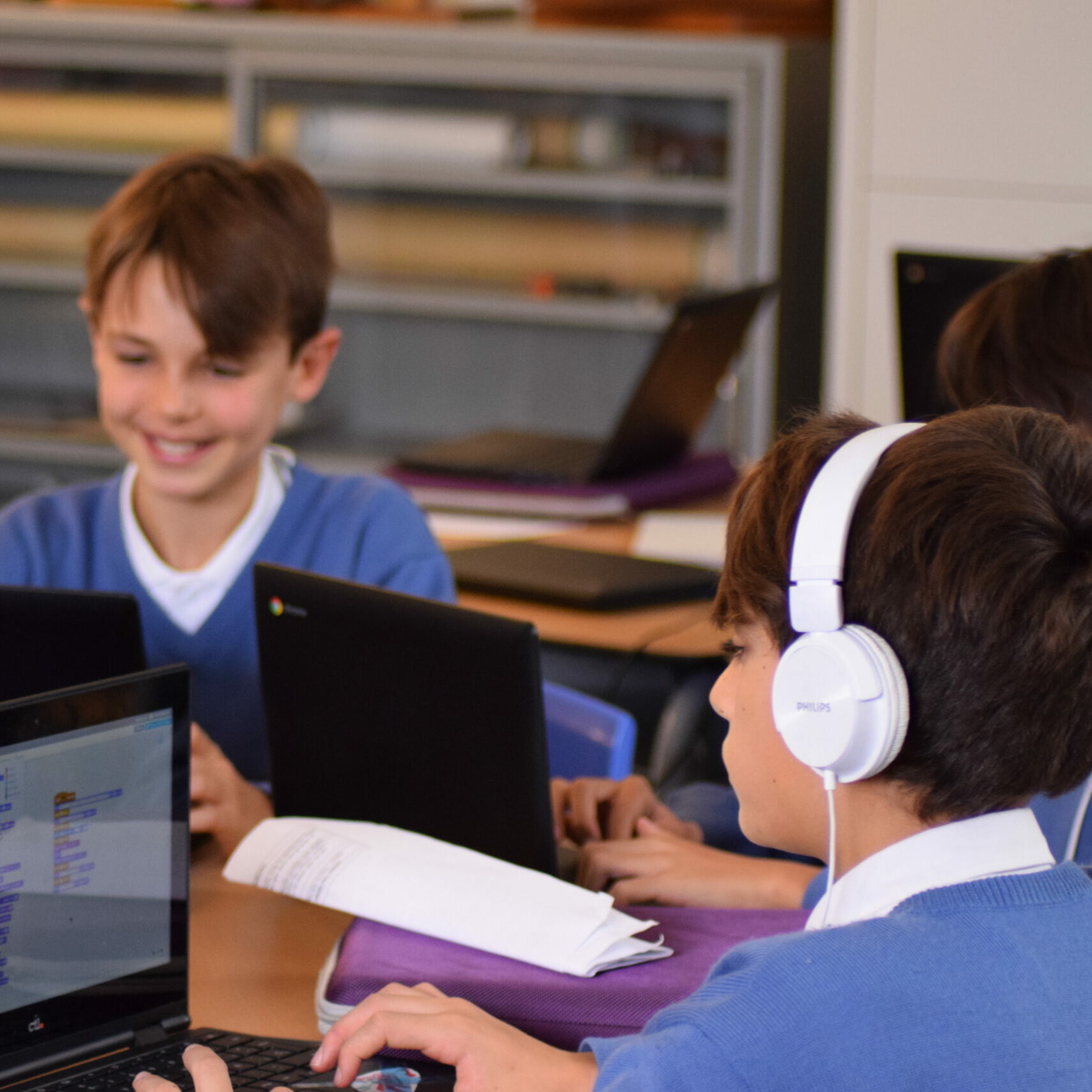
Robotics & Computacional Thinking
This project aims to prepare creative and engaged students who are capable of solving problems through computational thinking expressed via programming languages. We follow a shared curriculum for all teachers, aligned with our school's overall educational vision. This includes “unplugged” robotics starting in Early Childhood Education and leads up to the full application of the computational thinking cycle by the end of Primary (6th grade). We connect learning with the wider community through participation in national projects such as Retotech (Fundación Endesa) and our own Santa Gema Robotics Fair. We use Kubo kits for Early Childhood and 1st–2nd Grade, Dash and Dot for 3rd–4th Grade and BQ Zum Junior kits for 5th–6th Grade. In addition, we have a dedicated Maker Space, a spacious, open area equipped with 3D printers, laptops, Chromebooks, tablets, construction tools, and other robotics resources where students can develop their projects.
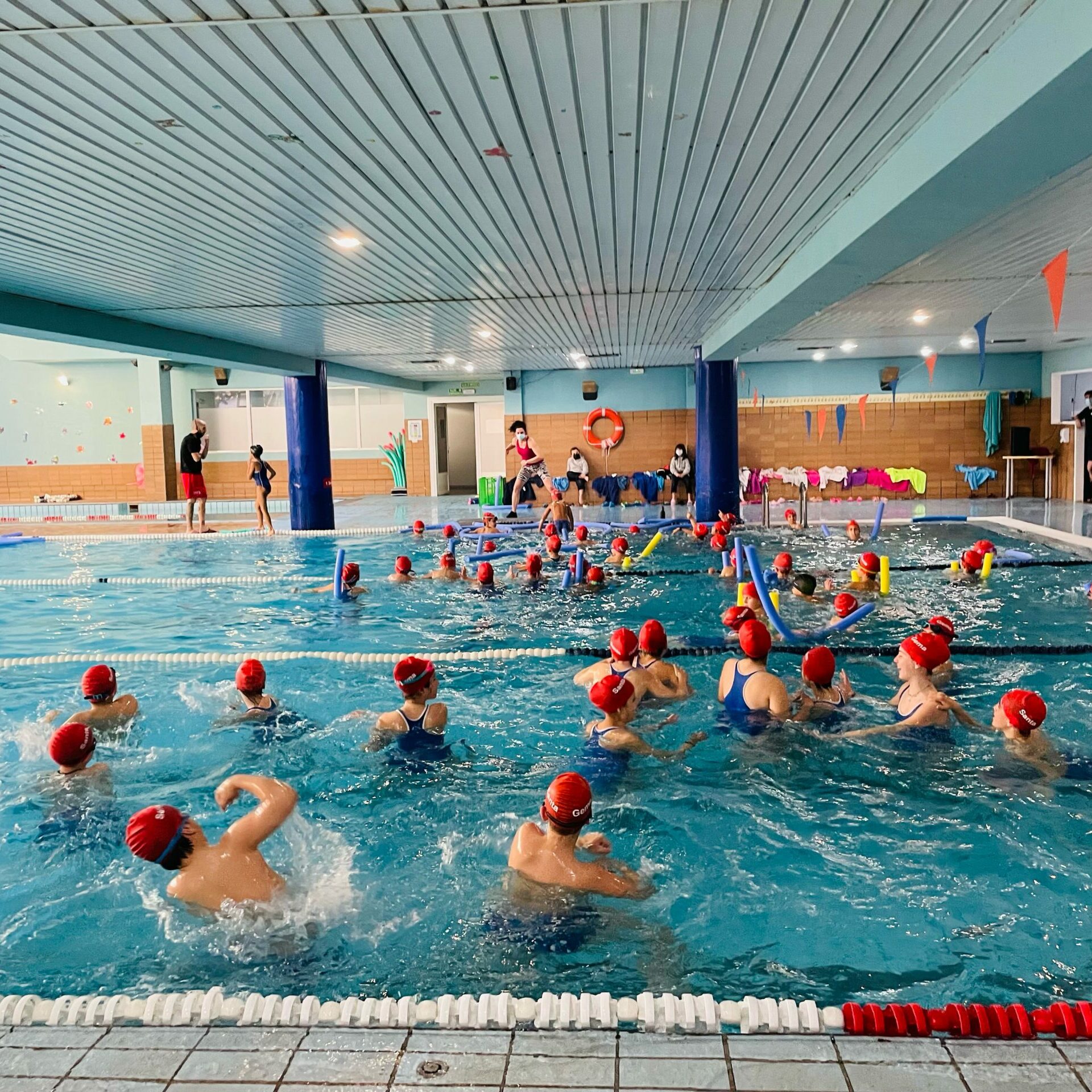
Natación / NADAR ES VIDA
"Nadar es Vida" Programme – Developed by the Royal Spanish Swimming Federation, this programme ensures high-quality swimming instruction across Spain. It offers benefits to everyone involved in the learning process—schools, teachers, families, and most importantly, the students. The programme includes a series of levels and awards: “Al agua” (Into the Water); “Primeras brazadas” (First Strokes); “Dominando el estilo” (Mastering the Style); and “Pre-Competición” (Pre-Competition). Each level has clearly defined objectives that children achieve as they progress in their swimming skills. Alongside this, we reinforce habits of independence and responsibility, especially in how students organise and prepare for the activity. At the end of each term, students are assessed, and a progress report is sent to parents. For more information, visit: www.nadaresvida.es
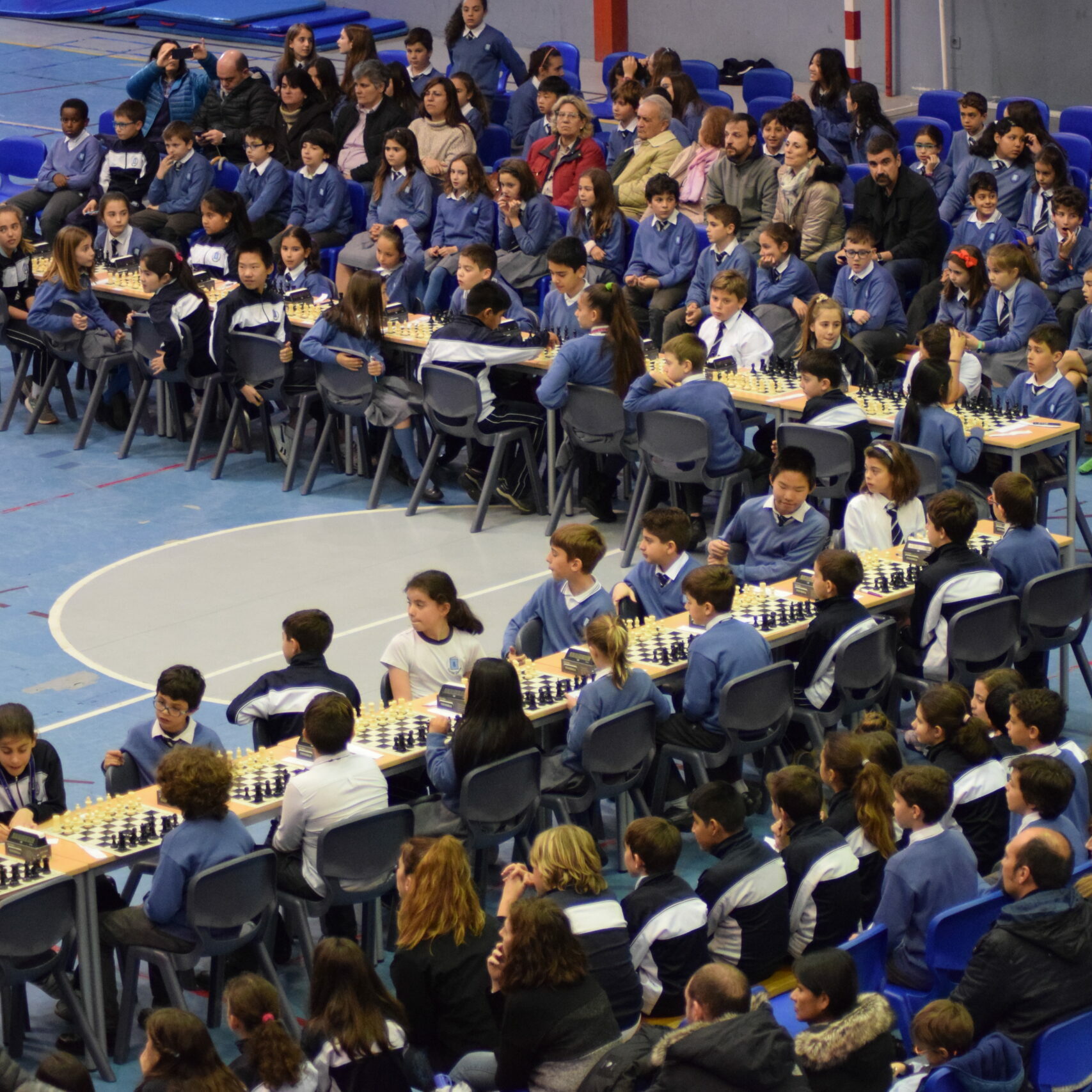
PONTE EN JAQUE
Proyecto Ponte en Jaque (Ajedrez Primaria). This project aims to support students’ growth in their mathematical and socio-emotional skills through chess. We follow a common curriculum for all teachers that aligns with our school’s educational plan. It starts with the basic rules of the game in 1st grade and progresses to the analysis of historic matches in 6th grade. We enhance learning through a formative assessment methodology and promote community involvement through activities across different year groups, stages, and student environments (e.g., tournaments). We use physical boards and pieces, and from 4th to 6th grade we also take advantage of the One-to-One Chromebook programme using resources from platforms such as lichess.com or chess.com.
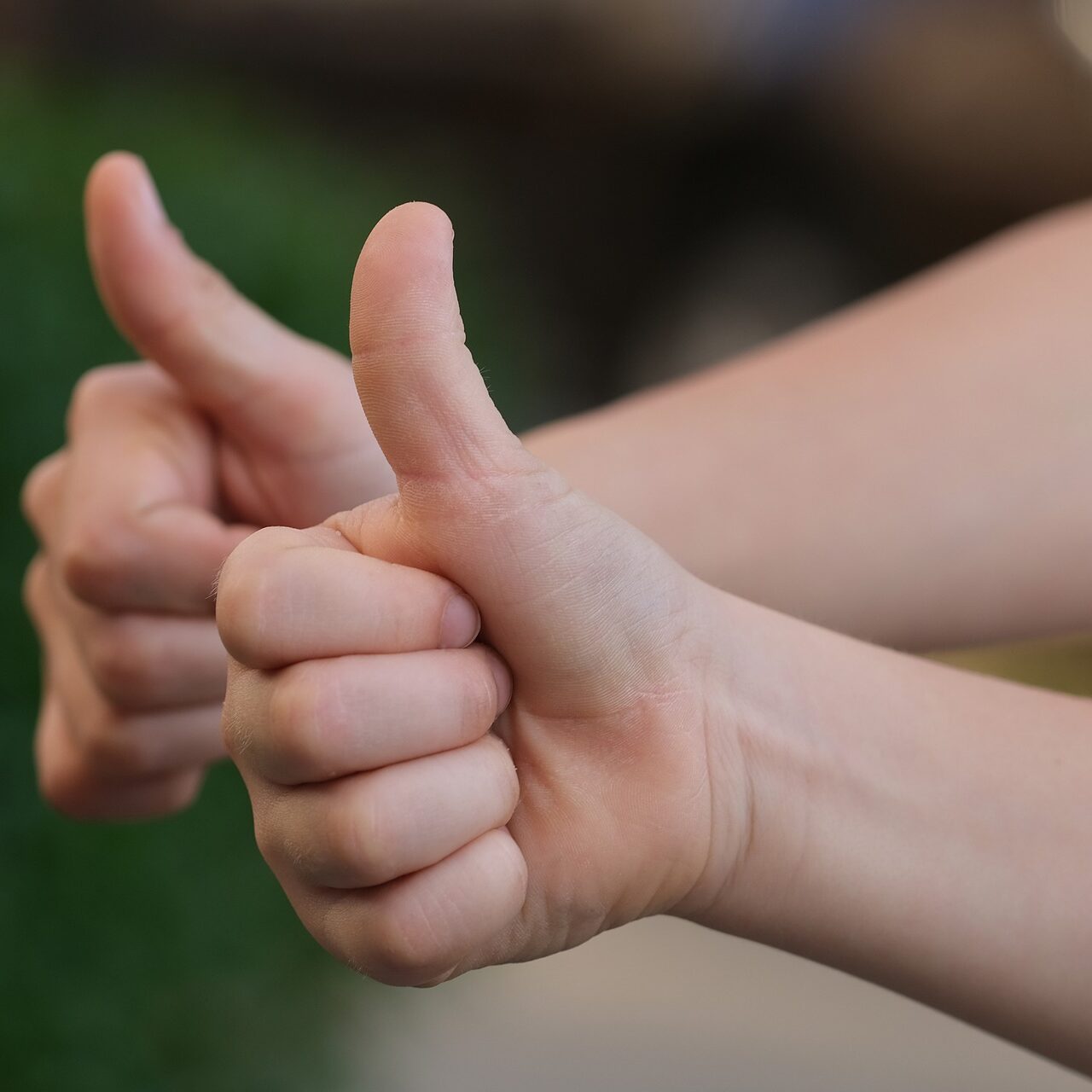
TALLER DE Expresión Corporal
Taller de expresión corporal (Extension of Early Childhood Psychomotor Skills). Through body expression, play, and music, this workshop supports the child’s holistic development. The aim is to accompany the child’s maturation process by creating a space that encourages expression, movement, and play—essential to fostering development at this age. Activities include body games, simple dances, and other movement-based exercises that offer the child the opportunity to experience their body as a vehicle for expressing emotions and as an instrument of communication with others and with themselves. Many of these physical dynamics are accompanied by different types of music, as music evokes sensations and emotions, creating a magical and special atmosphere.
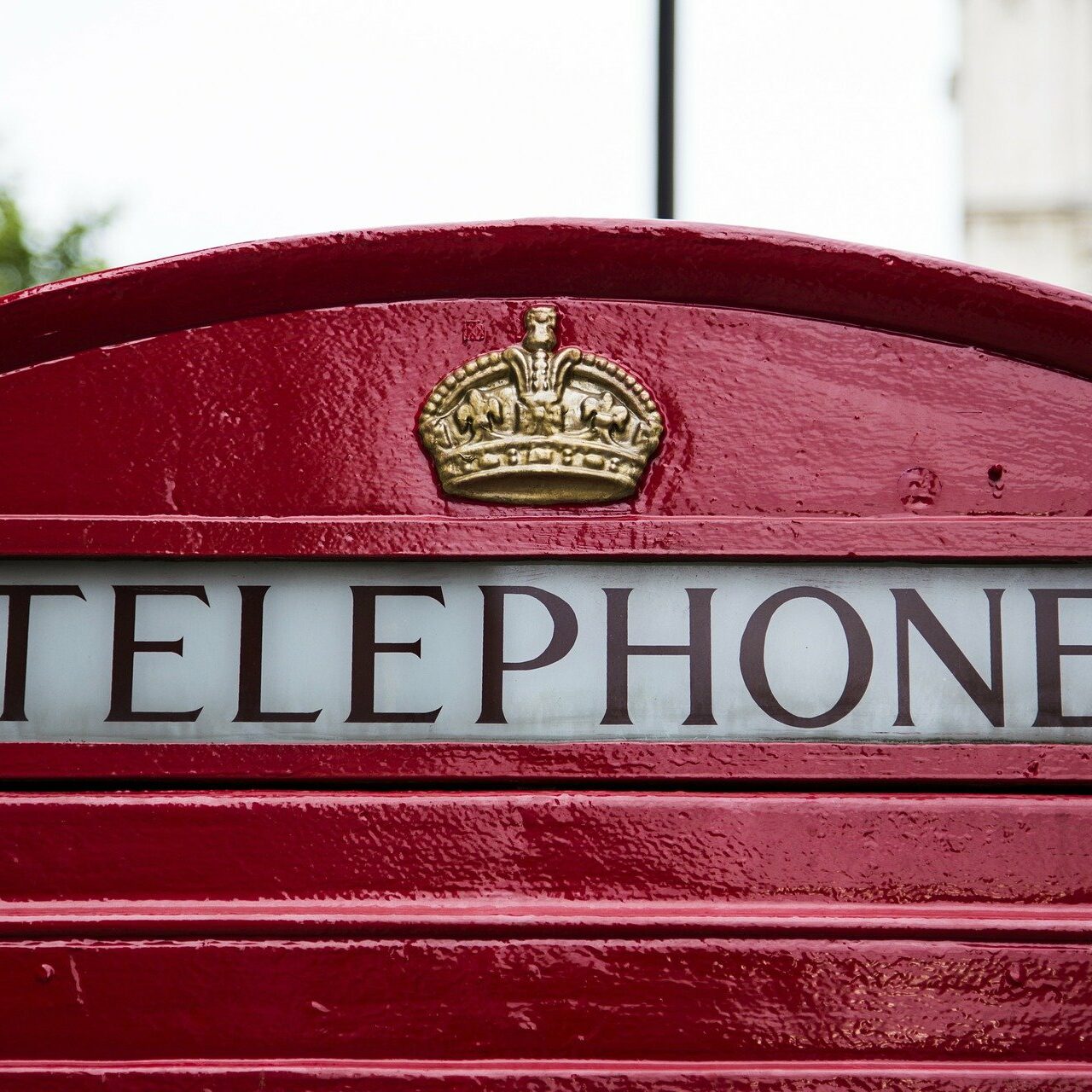
English PROJECT SANTA GEMA/CAMBRIDGE
Project designed and implemented by the English specialist teacher and the native language assistant, in coordination with the bilingualism coordinator. The goal of the workshop is to develop and promote oral skills: Listening and Speaking through games and interactive activities. Students are also invited and encouraged to explore the socio-cultural aspects of the assistant’s native country by sharing different experiences (Halloween, Thanksgiving Day, etc.). An individualised and personalised follow-up of each student’s progress is carried out.
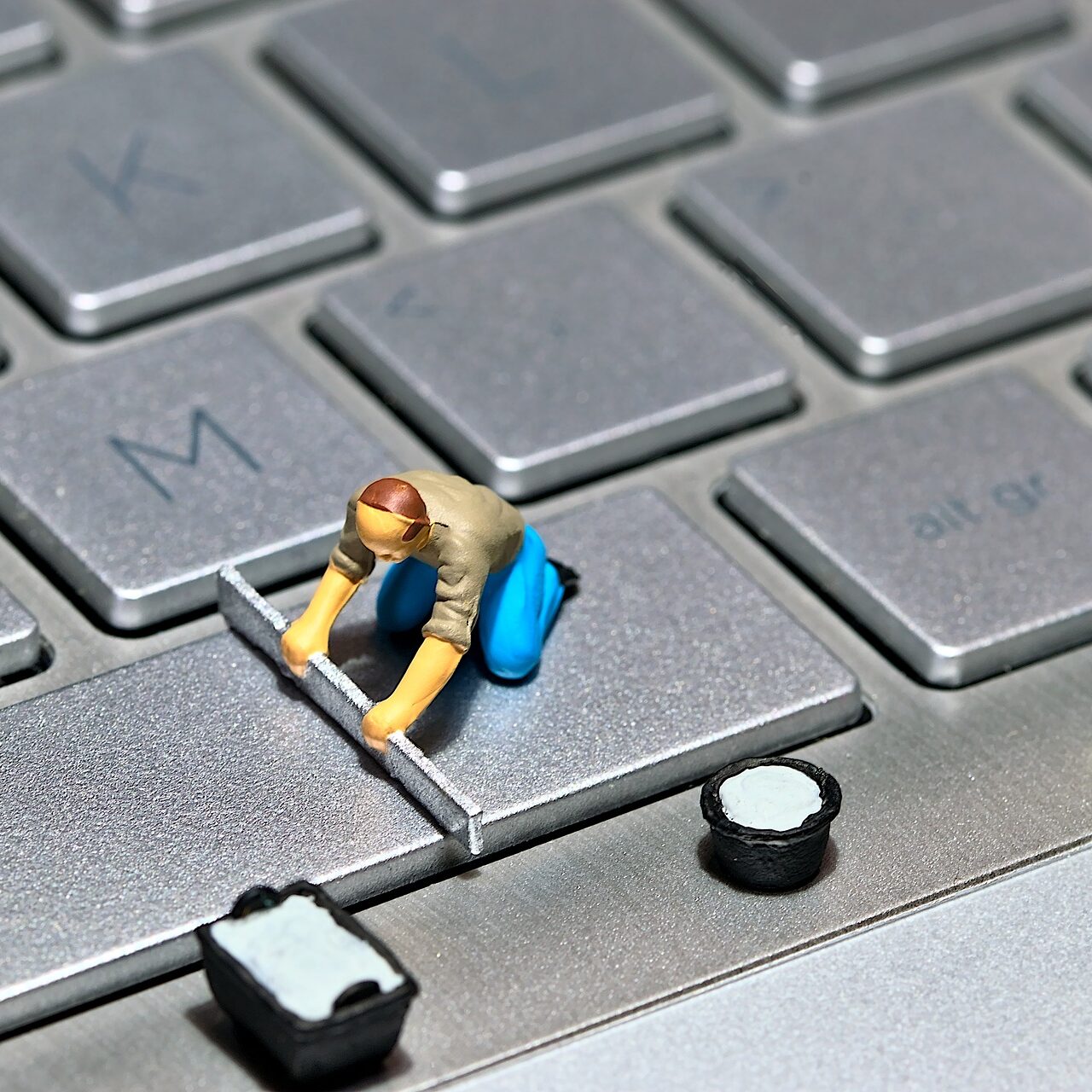
TALLER DE CREACIÓN LITERARIA Y CULTURAL
Writing is one of the main tools human beings use to express what they feel, think, and know, as well as one of the oldest forms of communication in human history. At school, we see a literary creation space as an ideal setting for young people to develop an interest in writing and reading, explore various genres that support a more realistic approach to writing, and enhance their creativity. This project aims to connect writing with other areas such as History, Religious Culture, or the world of Science.
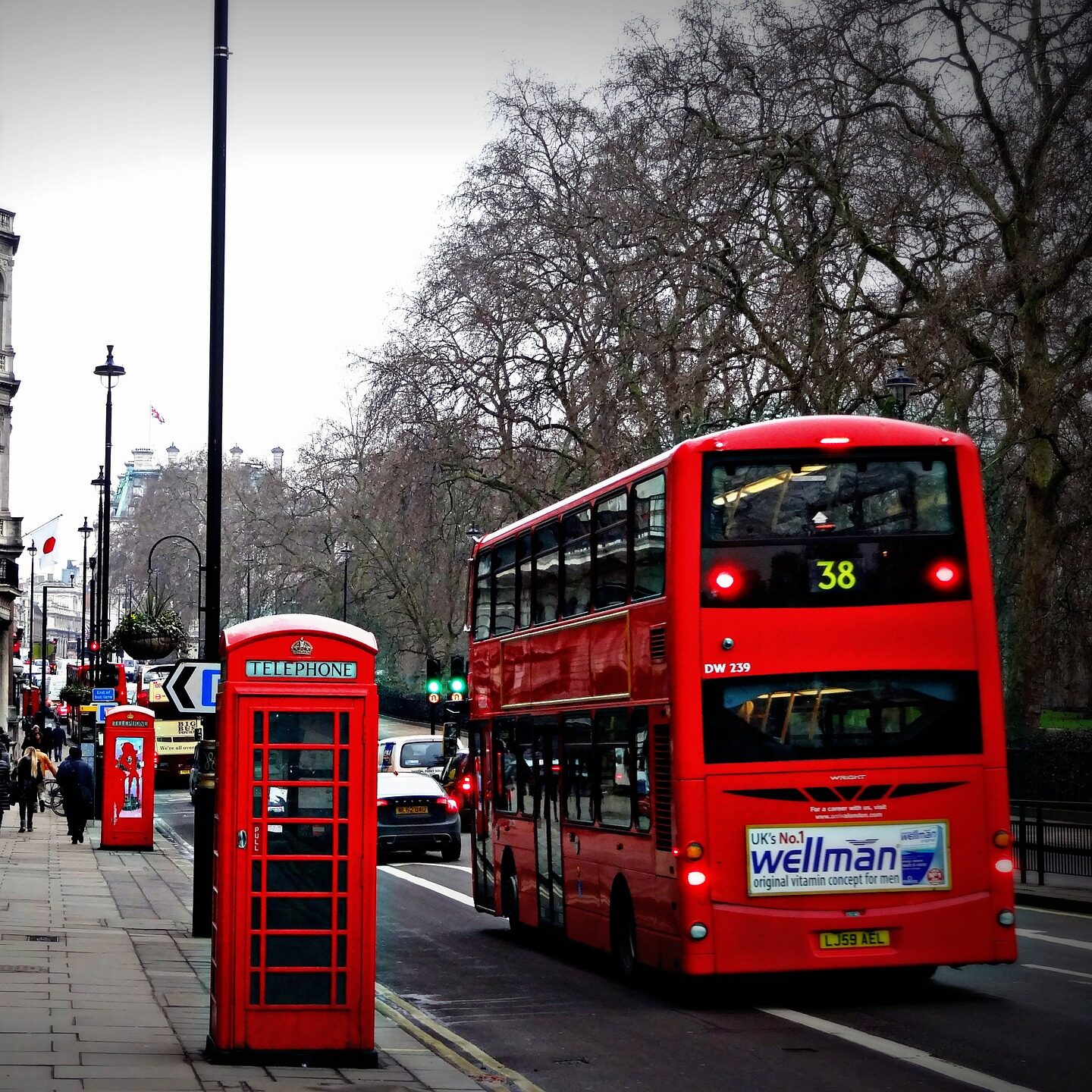
English Conversation Workshop
The general objectives of the English conversation workshop involve understanding the necessary strategies to communicate effectively in English. The aim is to provide students with all the cognitive tools needed to: identify the main topic through context, use prior knowledge, and enhance elements such as conversation, oral production, listening, comprehension, and assimilation.
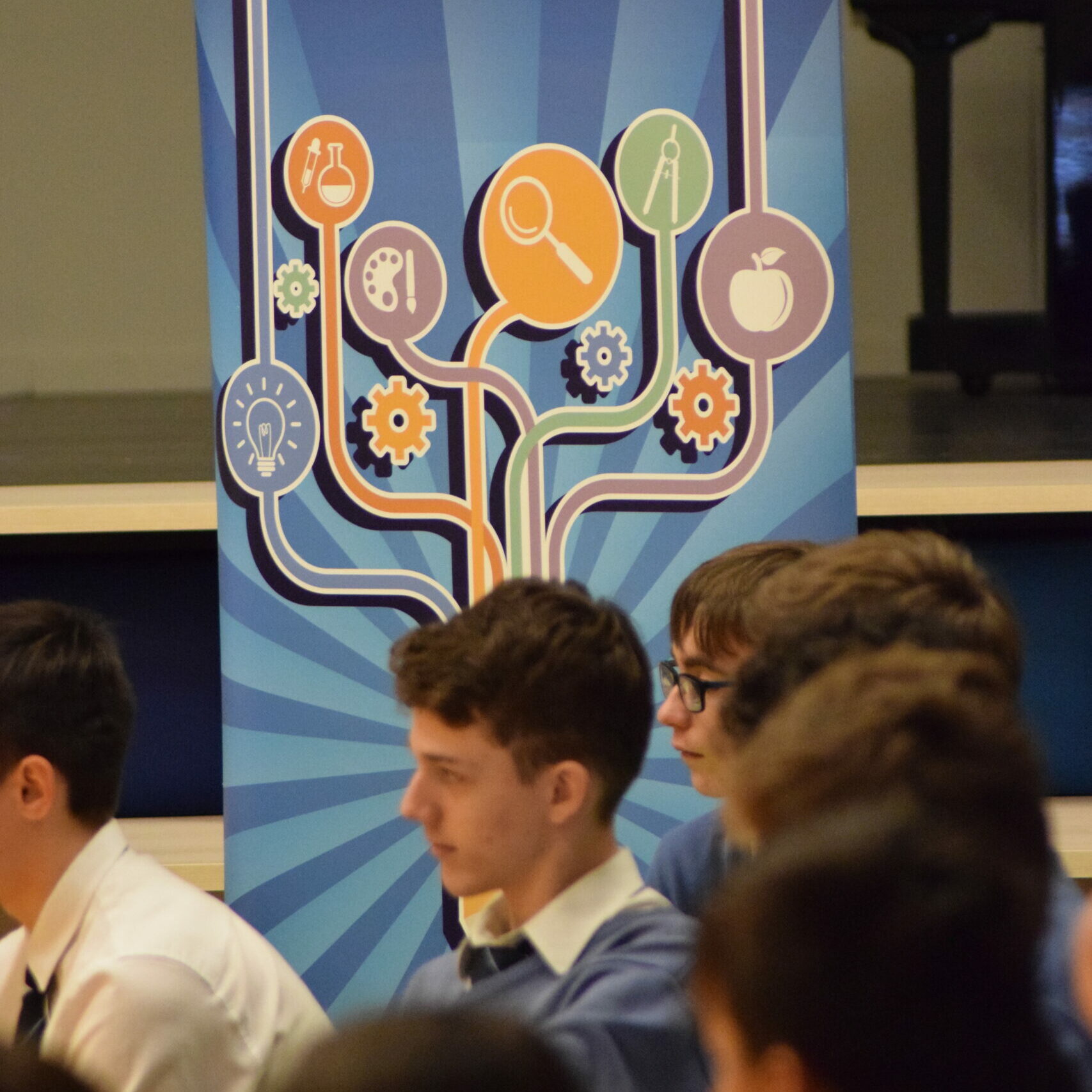
STEAM PROJECT & Computational Thinking
The main objective of this project is to improve students’ knowledge and skills in the STEAM subjects (Science, Technology, Arts & Mathematics) through hands-on activities and research using project-based learning, promoting the development of both critical and creative thinking.

